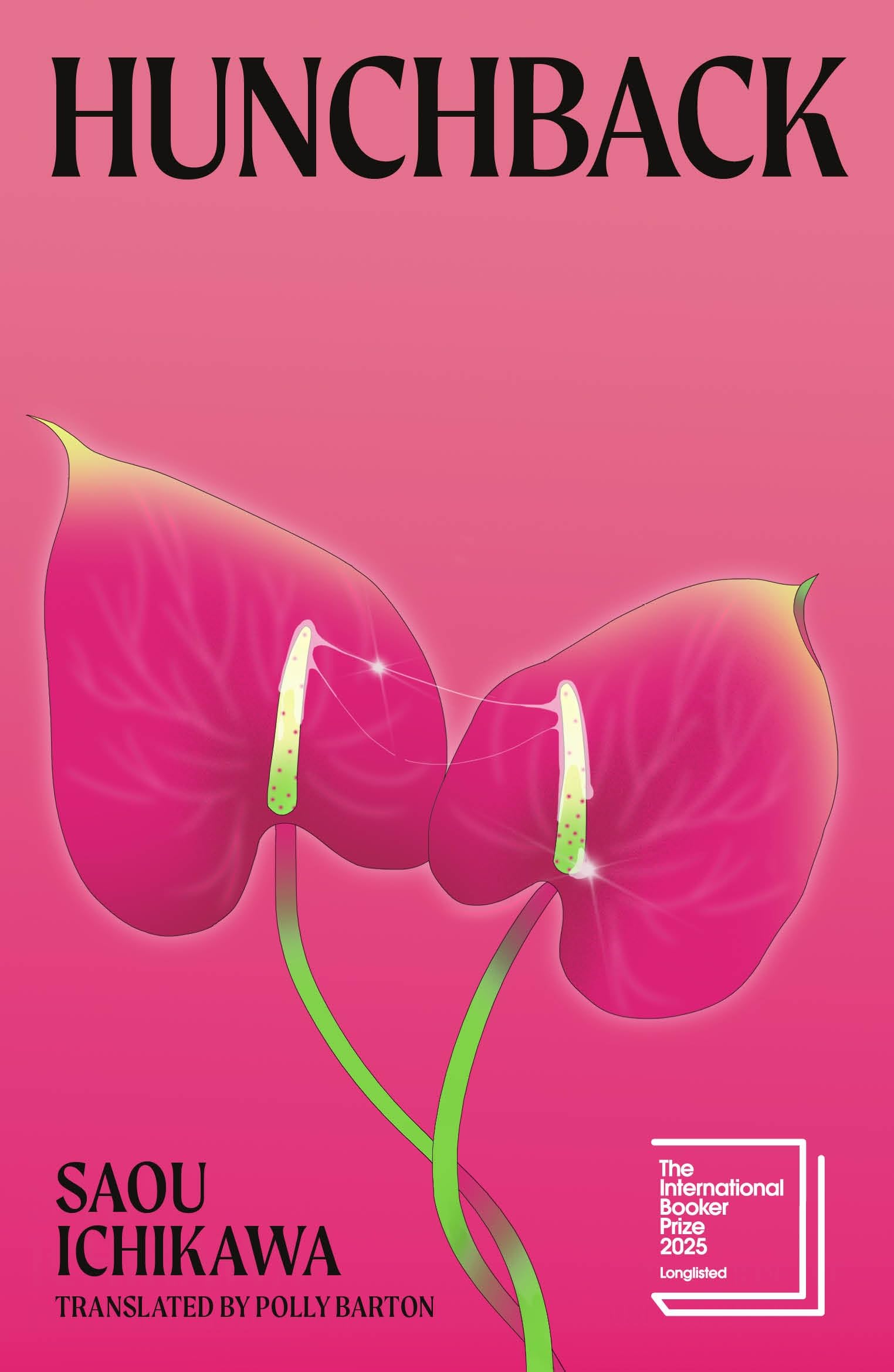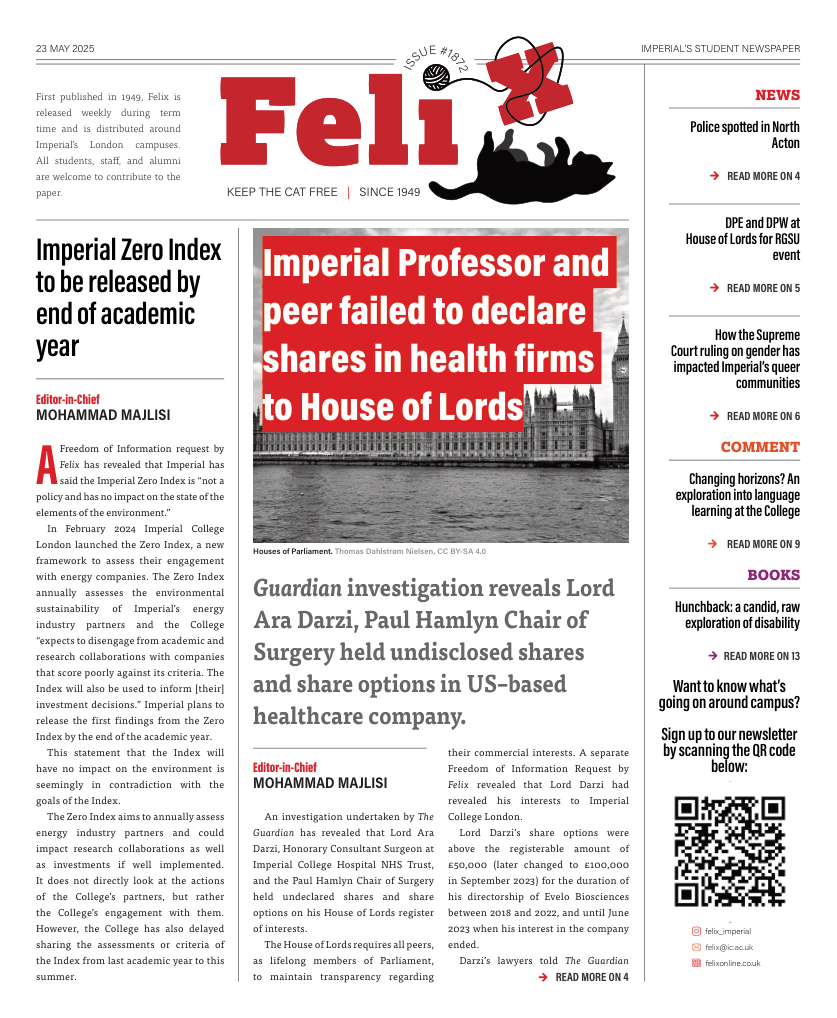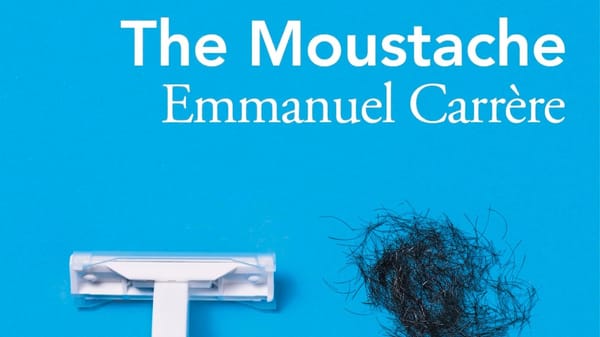Hunchback by Saou Ichikawa
A stark reminder of our biases. This review contains spoilers.
I first came across this book while lingering in the Booker Prize Library at Waterstones Piccadilly. With this year’s International Booker Prize winner yet to be announced, the library had stocked all the longlisted titles; Hunchback was one of them. The uniqueness of the plot, very abruptly outlined in the blurb, drew me to the novel.
Hunchback by Saou Ichikawa follows Shaka, a woman with a severe degenerative muscular condition who lives in a care home and writes provocative erotica under a pseudonym. When a new caregiver confronts her about her writing, Shaka reckons with her own desires. Bound by power dynamics, Hunchback ultimately provides an important portrayal of the societal boundaries imposed on people with disabilities.

From the very beginning of the novel, I was forced to confront my own shock at the level of rawness of Shaka’s, and by extension Ichikawa’s, erotica. Shaka’s unapologetic and lewd expressions of desire, unfiltered and explicit, challenged my preconceptions of what a disabled woman should or could portray.
I was surprised, and candidly, embarrassed, by her self-sexualisation, down to the descriptions of her arousal in her underwear. It prompted self-examination of my biases. My discomfort persisted as I read on: I could not shake the sense of inappropriateness.
In one instance, Shaka discusses her desire to get pregnant with the purpose to have an abortion. For most women, abortion is not a decision made lightly, but a necessary option that allows them to maintain control over their lives, free from external judgement or coercion.
The denial of Shaka’s fundamental rights to her own body – a denial of physical agency – drive her to the most radical forms of self-expression, to the point where she yearns for self-affliction. While it may seem extreme, Ichikawa draws on our discomfort to convince us of the wider lack of autonomy felt by those with disabilities in the modern world.
This tension is not isolated to the experiences of Shaka in the novel. Ichikawa, who shares the same condition as her protagonist, provided a broader cultural and political backdrop.
She considers Richard Wagner for his complex views on height, disability activist Tomoko Yonezu, who famously sprayed paint at the Mona Lisa during its loan to Tokyo in protest against its poor access for those with disabilities, as well as references to David Lynch.
These references are not ornamental; she situates her protagonist within a group of transgressive figures who have refused to be silenced, challenging politics of representation. The eroticism, then, to me, is not merely personal but political: a confrontation with the routine infantilisation that people with disabilities face.
Hunchback is witty, nihilistic, and idiosyncratic. It challenges our preconceived ideas of disability, autonomy, and desire. I would implore everyone to read it: at 112 pages, you should be more than capable.









